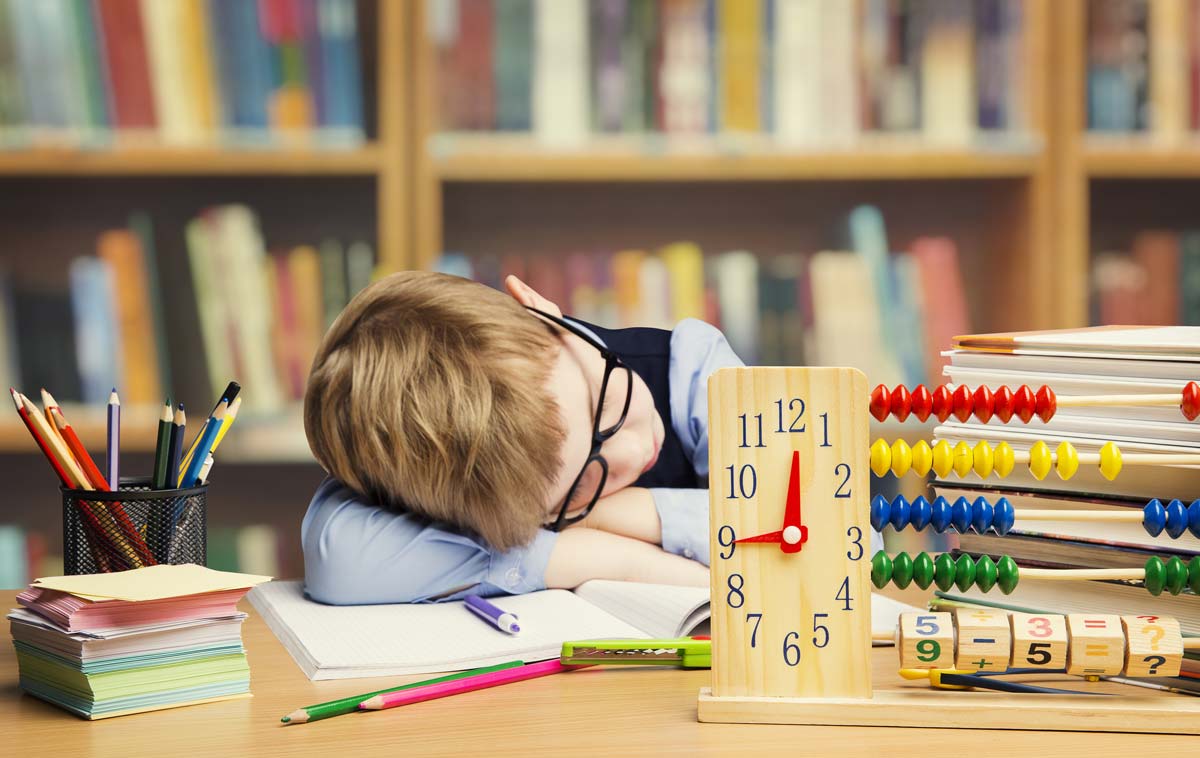
26 Feb2021

share



This is a question that you might hear from kids, and it perfectly encapsulates what baffles them about adults.
To view the original article click here
As adults, we pretty much have free rein to do whatever we want, whenever we want. The vast majority of us won’t get arrested for not showing up to work, and no one will haul us off to prison for eating cake for breakfast.
So, why do we show up for work? Why don’t we eat cake for breakfast?
Perhaps the better question is, how do we keep ourselves from shirking work when we don’t want to go? How do we refrain from eating cake for breakfast and eating healthy, less-delicious food instead?
The answer is self-regulation. It’s a vital skill, but it’s also something we generally do without much thought
What Is Self-Regulation?
Andrea Bell from GoodTherapy.org has a straightforward definition of self-regulation: It’s “control [of oneself] by oneself” (2016).
Self-control can be used by a wide range of organisms and organisations, but for our purposes, we’ll focus on the psychological concept of self-regulation.
As Bell also notes:
“Someone who has good emotional self-regulation has the ability to keep their emotions in check. They can resist impulsive behaviors that might worsen their situation, and they can cheer themselves up when they’re feeling down. They have a flexible range of emotional and behavioral responses that are well matched to the demands of their environment” (2016).
The goal of most types of therapy is to improve an individual’s ability to self-regulate and to gain (or regain) a sense of control over one’s behavior and life. Psychologists might be referring to one of two things when they use the term “self-regulation”: behavioral self-regulation or emotional self-regulation.